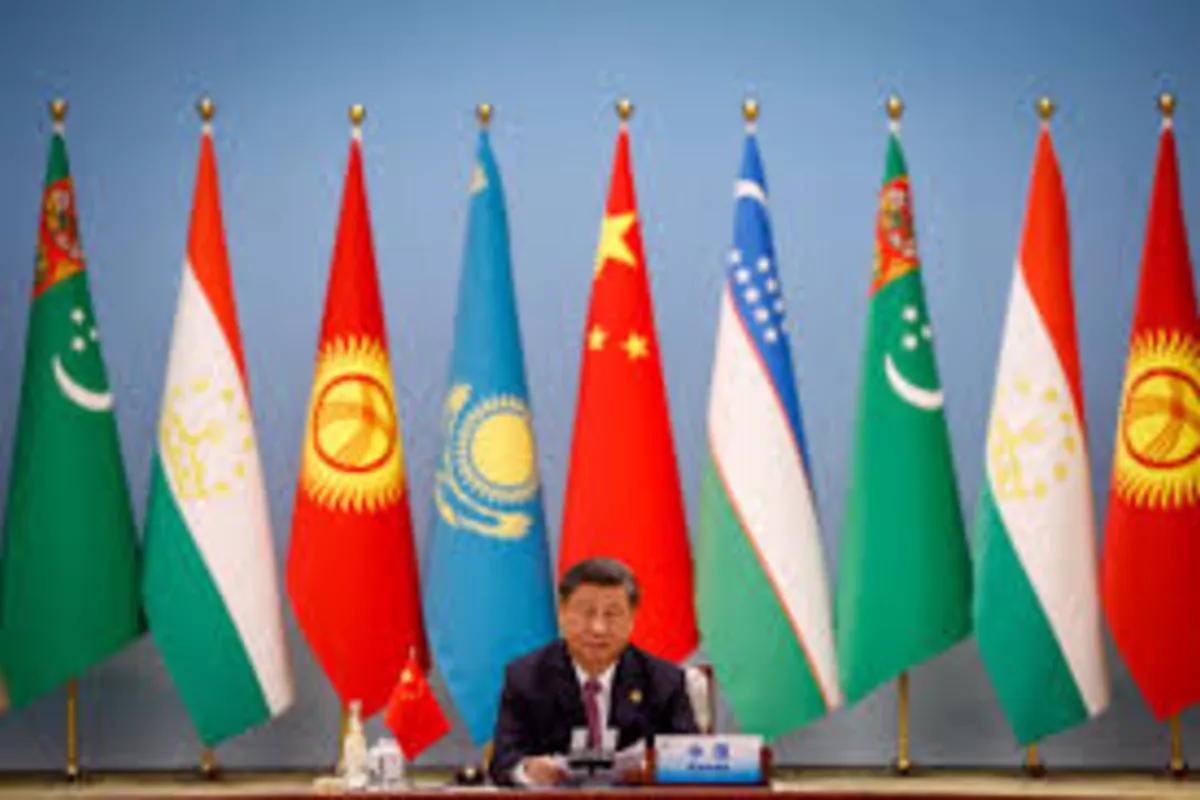
photo: Reuters
While Chinese President Xi Jinping has projected a strong message toward the West during the military parade and the Shanghai Cooperation Organization (SCO) summit, Chinese officials and businesses quietly secured billions of dollars in infrastructure and technology deals across Central Asia.
Additional agreements were also signed to ease operational barriers for Chinese companies in the region, The Caspian Post reports via Tajik media.
“China is now completely integrated into the region. There is no denying its overwhelming presence in Central Asia,” said Frank Maracchione, an expert on China's engagement with Central Asia at the University of Kent.
This influence is particularly evident in Kazakhstan and Uzbekistan, the region’s two largest economies. At the SCO summit and surrounding events in Beijing, Kazakh President Kassym-Jomart Tokayev signed more than 70 commercial agreements worth roughly $15 billion, covering oil and gas, petrochemicals, transport corridors, logistics hubs, and digital technologies.
Uzbek President Shavkat Mirziyoyev also secured investments in construction, nuclear energy, higher education, and the automotive sector. He additionally received formal SCO backing for a long-discussed multibillion-dollar railway connecting Uzbekistan and China via Kyrgyzstan.
"It's no longer just about Beijing's relationship with Central Asian governments or only big infrastructure projects," Maracchione said. "A lot of people across the region work for Chinese companies, buy Chinese products, and are learning Chinese. China is a part of everyday life now."
Data from Uzbekistan’s national statistics agency illustrate this trend: in 2024, Chinese companies operating in the country outnumbered Russian firms, and over 1,000 new Chinese companies were registered in 2025 alone.
China has become a critical source of capital for Central Asia. Kazakhstan, seeking to diversify from oil and gas, is increasingly tapping Chinese expertise in renewable energy. Recent agreements in Beijing include projects to supply wind turbines, produce electric vehicles, and build steel factories with Chinese partners.
Nuclear energy cooperation is also expanding. On September 2, Mirziyoyev met with Shen Yanfeng, chairman of China’s National Nuclear Corporation (CNNC), to discuss broadening collaboration. Uzbek Mining and Geology Minister Bobir Islamov announced 13 new mining deals-including uranium projects-worth an estimated $5 billion. CNNC has also been awarded contracts to construct Kazakhstan’s second and third nuclear power plants.
According to Temur Umarov, a fellow at the Carnegie Russia Eurasia Center in Berlin, these deals highlight Beijing’s steady and predictable engagement with Central Asia, positioning China as a growing economic and political player.
Despite welcoming Chinese investment, Central Asian governments remain cautious about overreliance.
"All Central Asian countries have their strategy more or less stabilized and are not really trying to change anything in the relationship with China," he said. "[They're] continuing with their good old multivector foreign policy."
Bilateral trade between China and Central Asia has steadily increased, reaching a record $94.8 billion in 2024, underscoring Beijing’s role as the region’s largest trade partner.
Share on social media